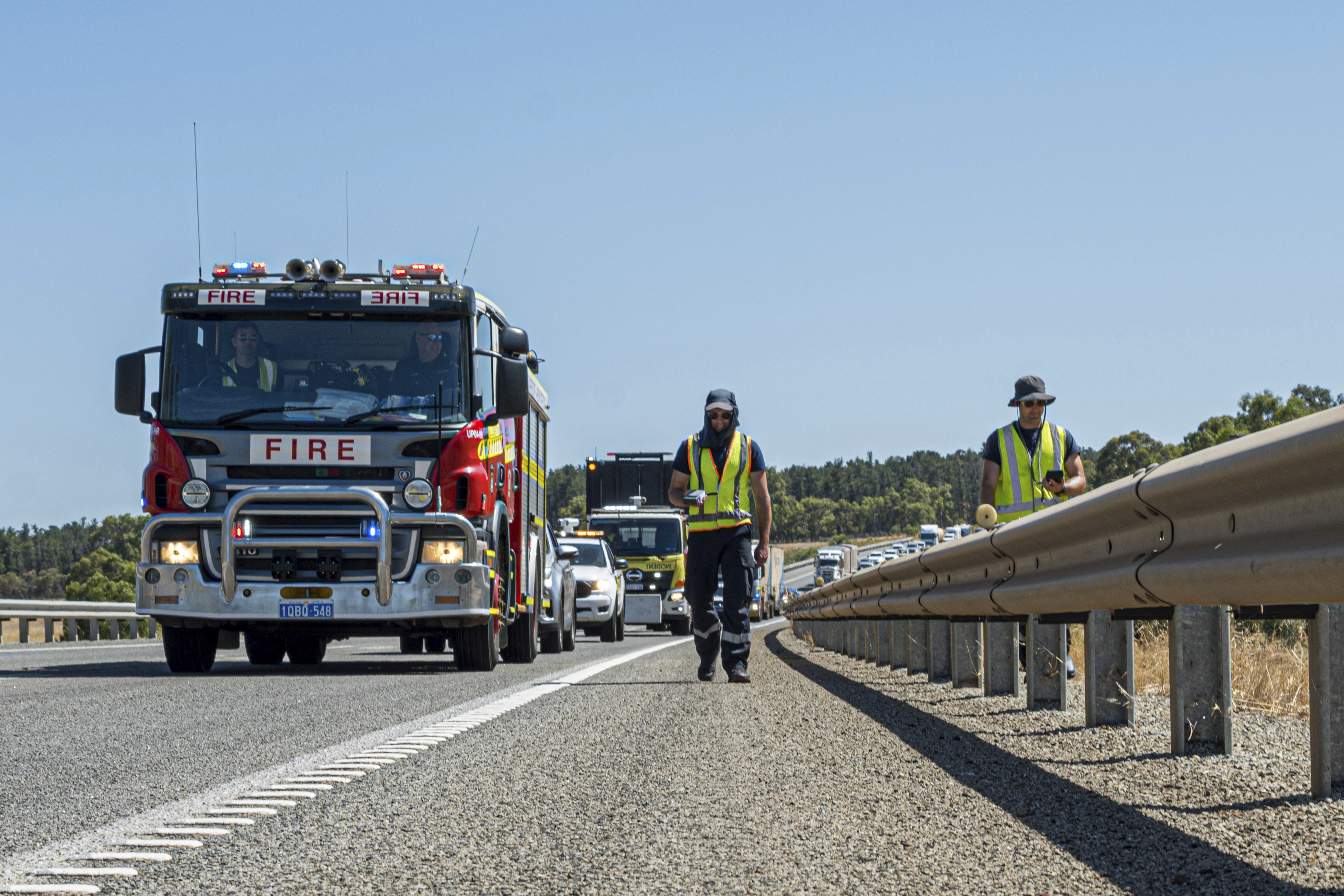'A tremendous result': Coin-sized radioactive capsule located after 6-day hunt


A free daily email with the biggest news stories of the day – and the best features from TheWeek.com
You are now subscribed
Your newsletter sign-up was successful
Australian authorities have found the missing radioactive capsule on a remote highway in the desert. "Locating this object was a monumental challenge – the search groups have quite literally found the needle in the haystack," said Emergency Services Minister Stephen Dawson in a news conference.
The capsule is believed to have fallen off a truck driving from a mining site owned by the company Rio Tinto in northern Western Australia, to Perth, CNN writes. The capsule was just six millimeters by eight millimeters, making the search highly difficult across an 870-mile stretch of road. It was found using special radiation-detecting equipment in a search vehicle, which identified the area the capsule was dropped. Then, portable detection equipment found the capsule about 6.5 feet from the side of the road, NPR explains.
"When you consider the challenge of finding an object smaller than a 10-cent coin along a 1,400-kilometer stretch of Great Northern Highway, it is a tremendous result," remarked Fire and Emergency Services Commissioner Darren Klemm. The search took six days.
The Week
Escape your echo chamber. Get the facts behind the news, plus analysis from multiple perspectives.

Sign up for The Week's Free Newsletters
From our morning news briefing to a weekly Good News Newsletter, get the best of The Week delivered directly to your inbox.
From our morning news briefing to a weekly Good News Newsletter, get the best of The Week delivered directly to your inbox.
The capsule contained trace amounts of Cesium-137, a highly radioactive isotope that can cause radiation sickness and burns. "The simple fact is this device should never have been lost," said chief executive of Rio Tinto Simon Trott. A government investigation has been launched into the incident and Rio Tinto could face prosecution.
Under Australian law, the maximum financial penalty for mishandling radioactive material is around $700, which many including Australian Prime Minister Anthony Albanese call "ridiculously low." Chief Health Officer Andy Robertson explained that they "have the ability to prosecute under the Radiation Safety Act" and "will certainly look at such prosecutions."
"While the recovery of the capsule is a great testament to the skill and tenacity of the search team, the fact is it should never have been lost in the first place," said Trott.
A free daily email with the biggest news stories of the day – and the best features from TheWeek.com
Devika Rao has worked as a staff writer at The Week since 2022, covering science, the environment, climate and business. She previously worked as a policy associate for a nonprofit organization advocating for environmental action from a business perspective.
